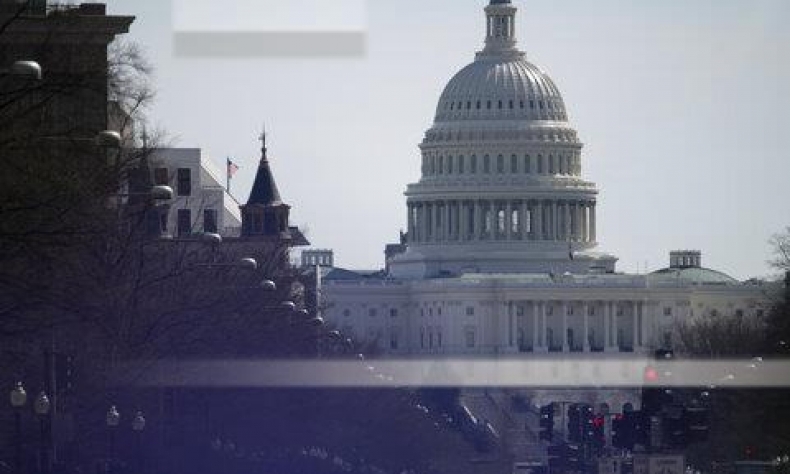
National Interest or Self-interest?
In the U.S., a country founded on the primacy of the individual, the battle between self-interest and national interest has long been the norm in the political realm. At this challenging juncture, it is imperative that politicians have the courage to get rid of brinkmanship and put the latter above the former.
When Donald Trump allegedly downplayed the severity of the novel coronavirus in the early days of its spread, did the U.S. president take his country’s best interests into consideration? In his new book Rage, veteran journalist Bob Woodward quoted Trump as saying that he kept information about the virus’ deadliness from the public because he did not want to “create a panic.”
Unsurprisingly, Trump’s narrative has failed to convince Americans. When White House trade adviser Peter Navarro tried to dodge a question about why Trump was not straightforward with the American people on September 13, a CNN host cut the interview short with a pointed statement: “The United States has less than 5 percent of the world’s population, and the United States has more than 20 percent of the world’s coronavirus deaths.”
As the coronavirus death toll in the U.S. has exceeded 200,000, there has been a clarion call for reflection. It has become a common belief that if Trump had given clear and consistent warnings, the U.S. could have done better coping with the pandemic. In this context, any defense of the White House seems untenable.
Moreover, attempts by Navarro and other politicians to whitewash the Trump administration’s undesirable performance can backfire. They easily remind people of other instances where those in power in Washington disguised self-interest or vested interests as national interest. Concerns are justified given controversies from the launch of the Iraq War in 2003 to Trump’s recent touting of quick progress in vaccine development.
The ongoing smear campaign against China is another case in point. A few U.S. politicians purposefully refuse to tell the truth about China and the China-U.S. relationship. Secretary of State Mike Pompeo, for one, has gone so far as to deny all progress made in bilateral relations over the past decades. He has also attempted to drive a wedge between the Communist Party of China (CPC) and the people the Party represents and serves.
It is widely acknowledged that the verbal offensive against China and the CPC is indicative of the U.S. intent to contain China’s development and find a scapegoat for domestic policy failures in the run-up to the presidential election. The U.S. has pursued this offensive in spite of China’s willingness to cooperate in the fight against the coronavirus. Chinese State Councilor and Foreign Minister Wang Yi revealed in May that China had exported at least 12 billion masks to the U.S., or 40 per capita.
In the wake of its poor handling of the pandemic, the U.S. international reputation has further declined. A recent survey by the Pew Research Center shows favorable views of the U.S. have fallen to record lows. In both France and Germany, the ratio of respondents who viewed the U.S. positively dropped to the low level recorded in 2003 when the two U.S. allies opposed the Iraq War. Pew also found that a median of just 15 percent of respondents say the U.S. has done a good job in its coronavirus response.
In the 1972 Shanghai Communique that marked the end of hostilities and paved the way for the establishment of China-U.S. diplomatic relations seven years later, the U.S. stated, “No country should claim infallibility and each country should be prepared to reexamine its own attitudes for the common good.” For the Trump administration, now is the time to reexamine its mishandling of the coronavirus crisis, in the spirit of doing justice to the American people and the international community.
In the U.S., a country founded on the primacy of the individual, the battle between self-interest and national interest has long been the norm in the political realm. At this challenging juncture, it is imperative that politicians have the courage to get rid of brinkmanship and put the latter above the former.
 Facebook
Facebook
 Twitter
Twitter
 Linkedin
Linkedin
 Google +
Google +










